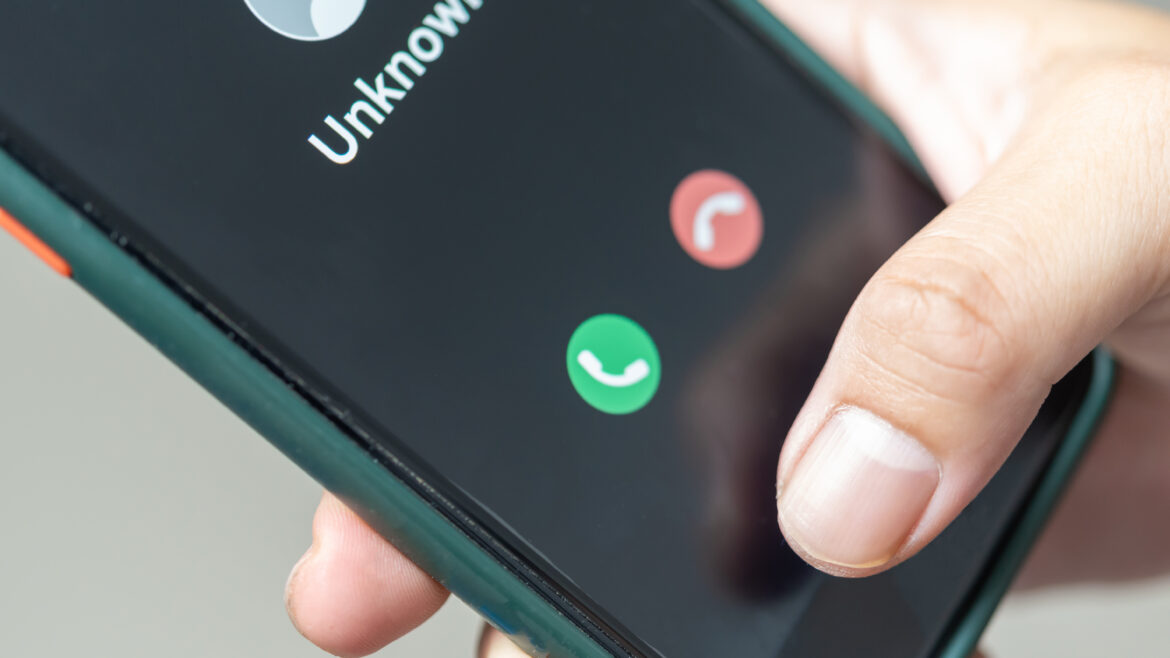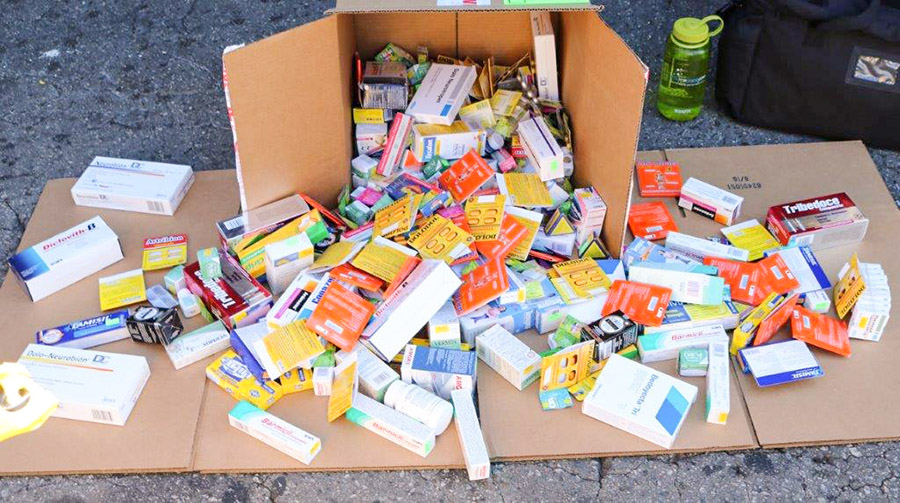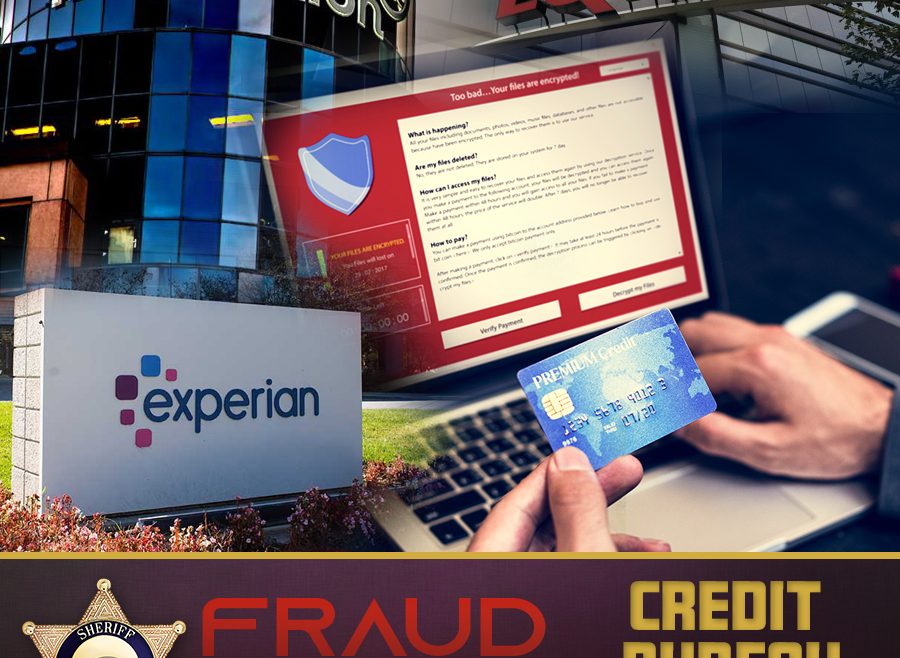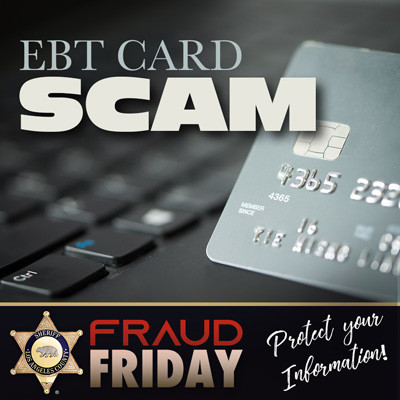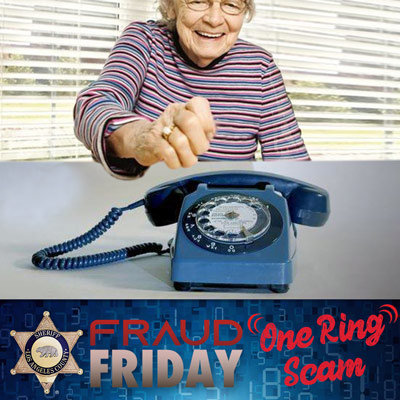Holiday Shopping Safety Tips
This Thanksgiving weekend is the start of the holiday shopping season. Black Friday and Cyber Monday provide an opportunity for consumers to find a great deal. In order to help the public have a crime-free shopping season, LASD periodically informs & continues to warn the public through social media about holiday safety
Holiday Shopping Safety Tips
- Neighbors watch out for neighbors! If you will be staying home or traveling, help keep an eye out for suspicious activity and report it to your local law enforcement. This makes communities safer.
- Let someone you trust know when you’re traveling. Have them watch your house and retrieve any newspapers and collect your mail. If you are going to be gone long, contact your United States Postal Service and put your mail on hold.
- When out shopping, stay vigilant! Park in a well-lit area.
- Avoid shopping alone! Consider shopping with friends or relatives so everyone looks out for each other.
- If you are shopping with children, coach them on what to do if they become separated. Make sure they know their first and last name, have contact phone numbers memorized and teach them about 911.
- Do not leave packages in plain view in your vehicle. Lock your vehicle and place all your merchandise in the trunk.
- If you place packages in your vehicle and plan to go back inside for more shopping, please consider driving away from your current parking spot and park somewhere new, so no one knows what valuable items you just left unattended.
- Remember where you parked and be sure to locate your keys prior to going to your car. Prior to getting into your vehicle take a look inside and around before entering.
- Be cautious of strangers approaching you for any reason. Many thieves will use different methods to distract you with the intention of taking your money or merchandise. Consider Instead, volunteering or donating to a charity.
- Keep a secure hold on your purse. When approaching or leaving your vehicle, be aware of your surroundings.
- Keep your home safe! Set lights on timers, giving the impression the house is not alone. Make sure to close all blinds and lock all entry points such as windows, sliders, and all your doors.
- Celebrate responsibly by planning ahead. Even if you’ve had only one drink, play it safe and designate a sober driver or use a ride-share service to get home. If you plan on drinking, don’t plan on driving.
- Don’t use a debit card. Many people like using a debit card due to convenience or as a budgeting tool, but debit cards lack the same consumer protections that credit cards do. Should your account be compromised, you can be responsible for a greater share of the loss than if you had used a credit card
- Be wary of online deals that are too good to be true. Do your research on whoever you are buying from.
- If an online seller asks you to wire payment, be suspicious. Many times fraudsters will advertise a great deal on a high dollar item, but will only accept a money wire transfer. Once the money is wired to an account, it is very difficult to recover it if later on it turns out you were the victim of fraud.
- Only do business with vendors who use secure websites.
- Keep an eye on your credit cards at all times. A common tactic of fraudsters employed by a legitimate company is to take the card you present as payment, swipe it through the legitimate payment system, and then swipe it again through their own collection device. Your credit card information can then be used by the crook for their own purpose or sold to other crooks.
- Guard your identity the same as you would your pocketbook. Criminals not only want your money, they want your identity. With it, they can use it to get credit and make purchases while sticking you with the bill. Your information is valuable and can be sold to other criminals as well.
- Be suspicious of people claiming to be from your credit card company who need to “verify” information. If you get a phone call from someone claiming to be from your credit card company asking you to verify Personally Identifiable Information be careful.
- The caller could be a scammer who is gathering information that will later on help him steal your identity. If you feel there is some legitimacy to the callers questions, terminate the call and call back the company using a phone number you know is legitimate. You can find these numbers on your credit card statement or the company’s website.
- Monitor bank statements for suspicious activity. With increased activity during the shopping season, it is easy for a bad guy to slip in a few unauthorized transactions without you knowing it. Monitor bank and credit cards regularly for suspicious transactions and question anything that does not look legitimate regardless of the amount. Most financial companies offer online access to your account and you can monitor transactions in real time.
- Limit use of free Wi-Fi. Don’t use free wireless networks, such as those in coffee shops, when you shop online. Fraudulent Wi-Fi hotspots are too easy to set up and are often disguised to look like legitimate services offered by reputable companies. Bad guys use these fraudulent sights to capture your data or install malware on your device. Waiting until you have a secure connection at home or using data from your own personal cellular plan is a good way to eliminate this type of operation.
- Stay informed by following the Los Angeles County Sheriff’s Department Headquarters social media pages and your designated patrol station to help keep you up-to-date on crime trends and safety tips.
The Los Angeles County Sheriff’s Department wishes everyone a safe, productive crime free shopping season.



